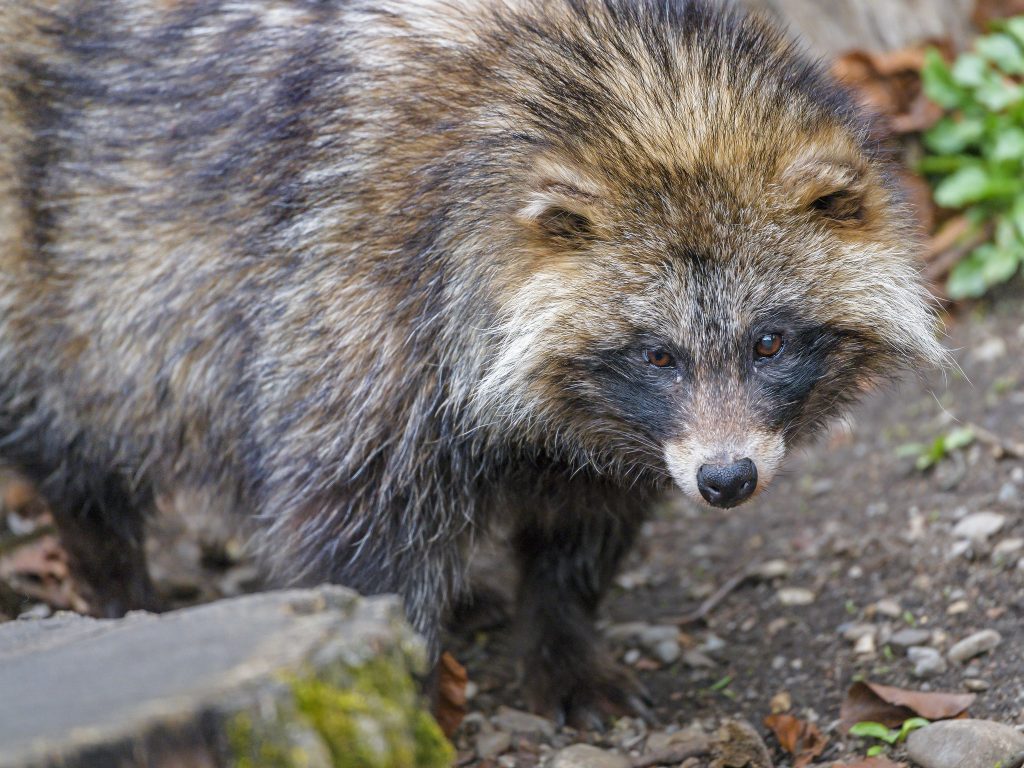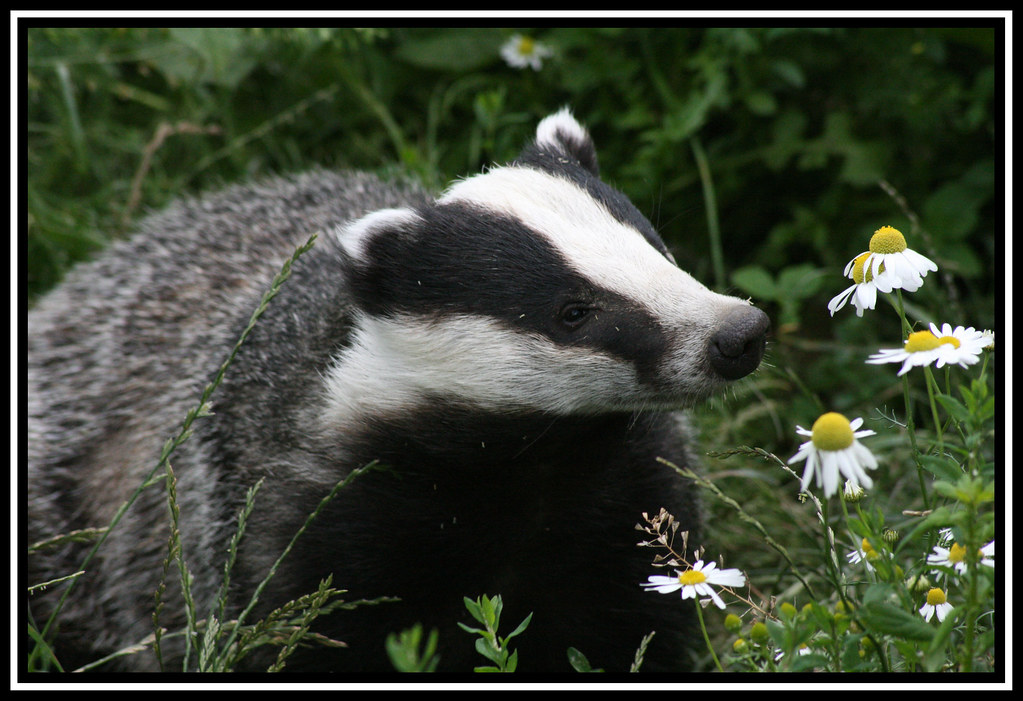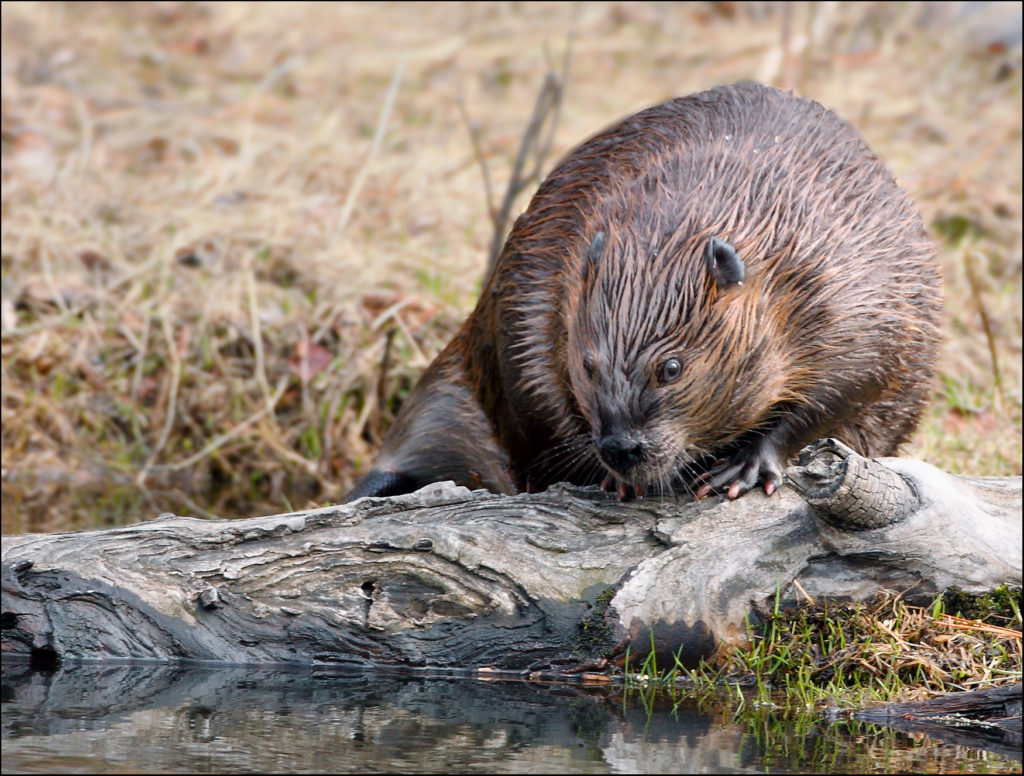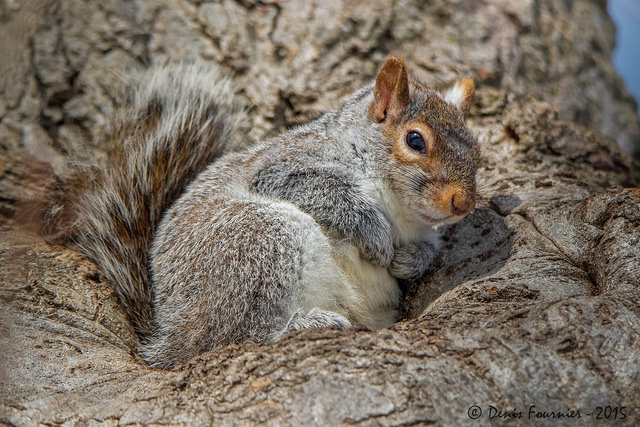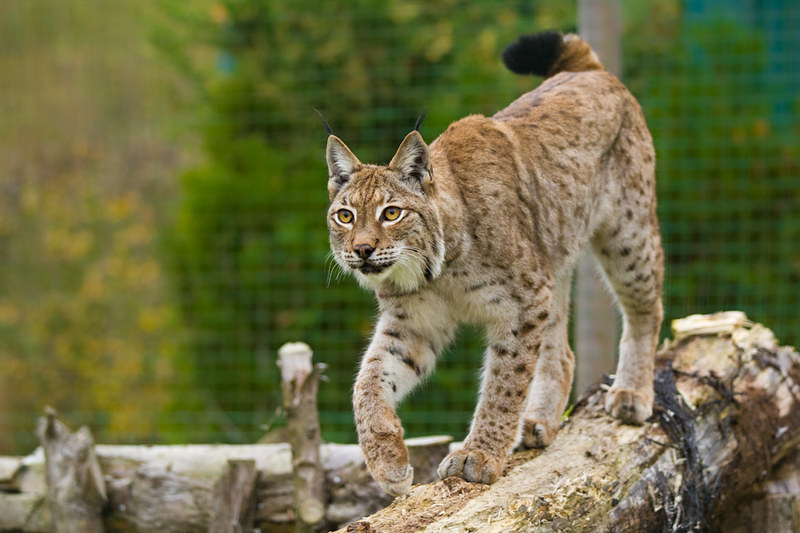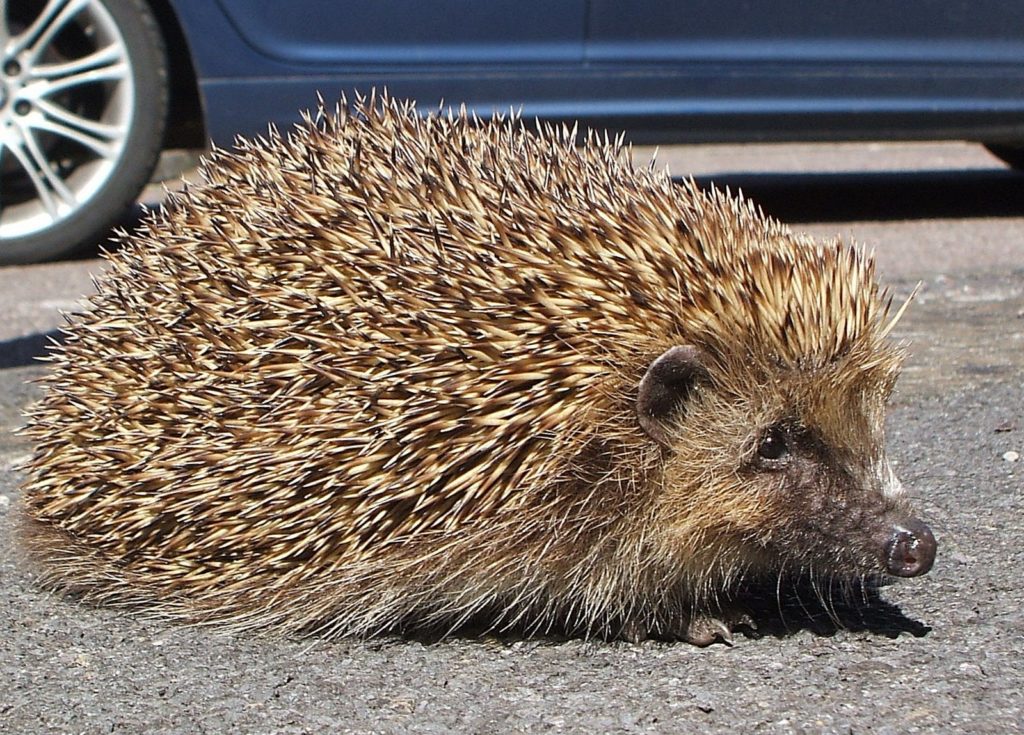
The Daily Mail reports British hedgehogs need legal protection from being plucked from back gardens and being sold for hundreds of pounds, the government has heard this week. MPs have argued in parliament that the British hedgehog (Erinaceus europaeus) is facing an increasing problem of being traded as pets.
The species is known as one of the UK’s best loved mammals and a ‘gardener’s friend’, but the creatures have seen a whopping 97 per cent decline since 1950.

